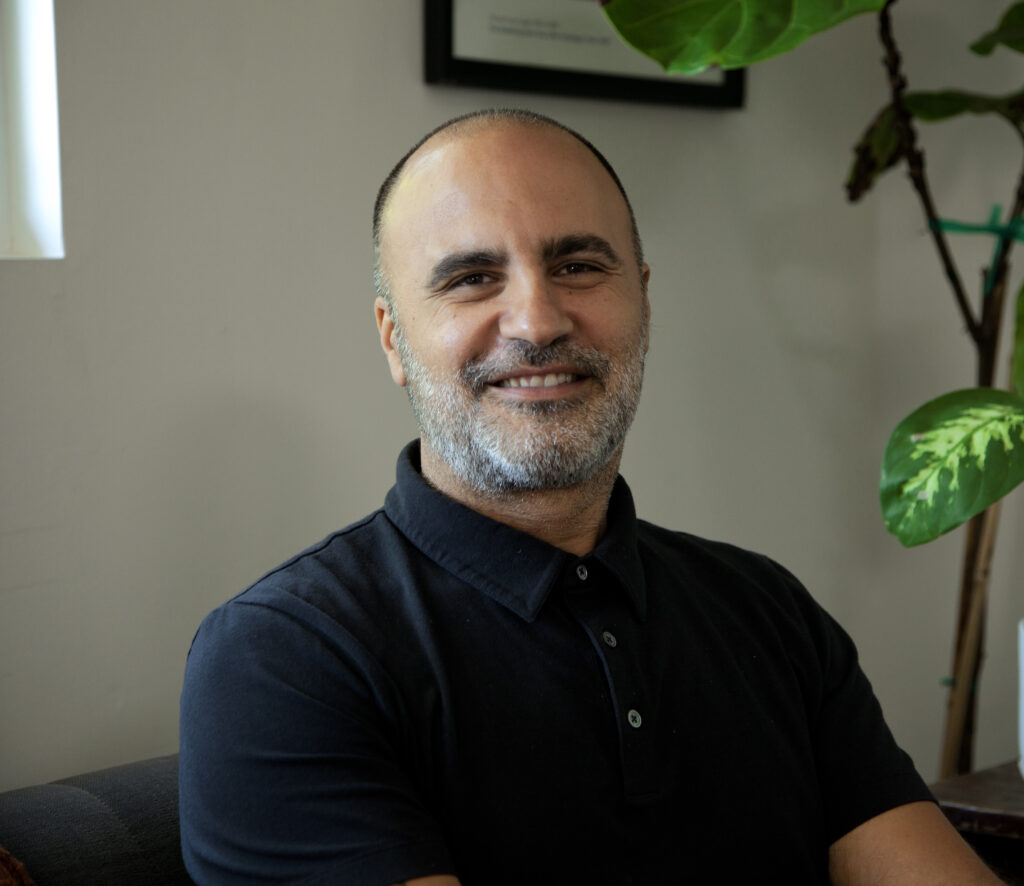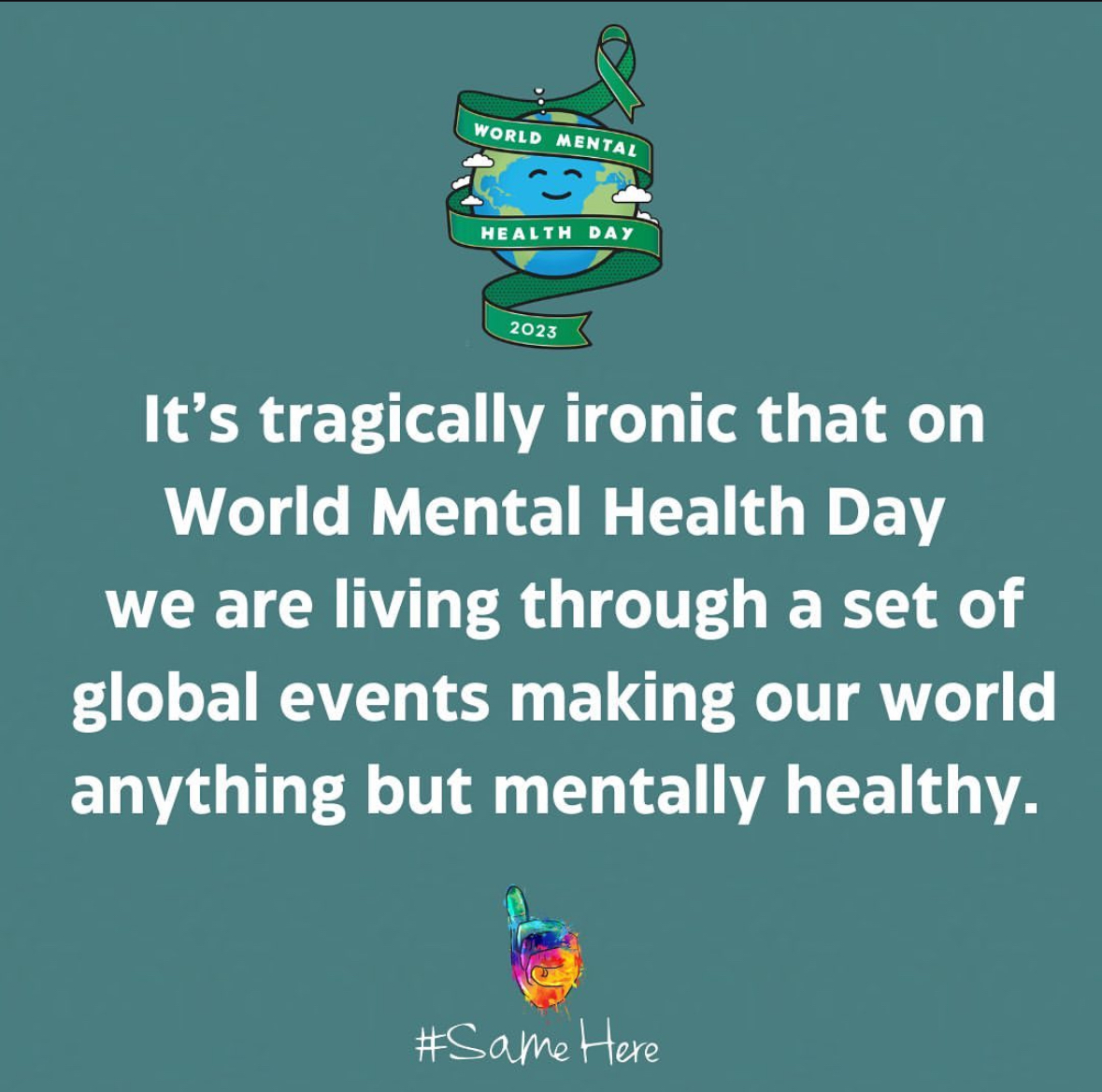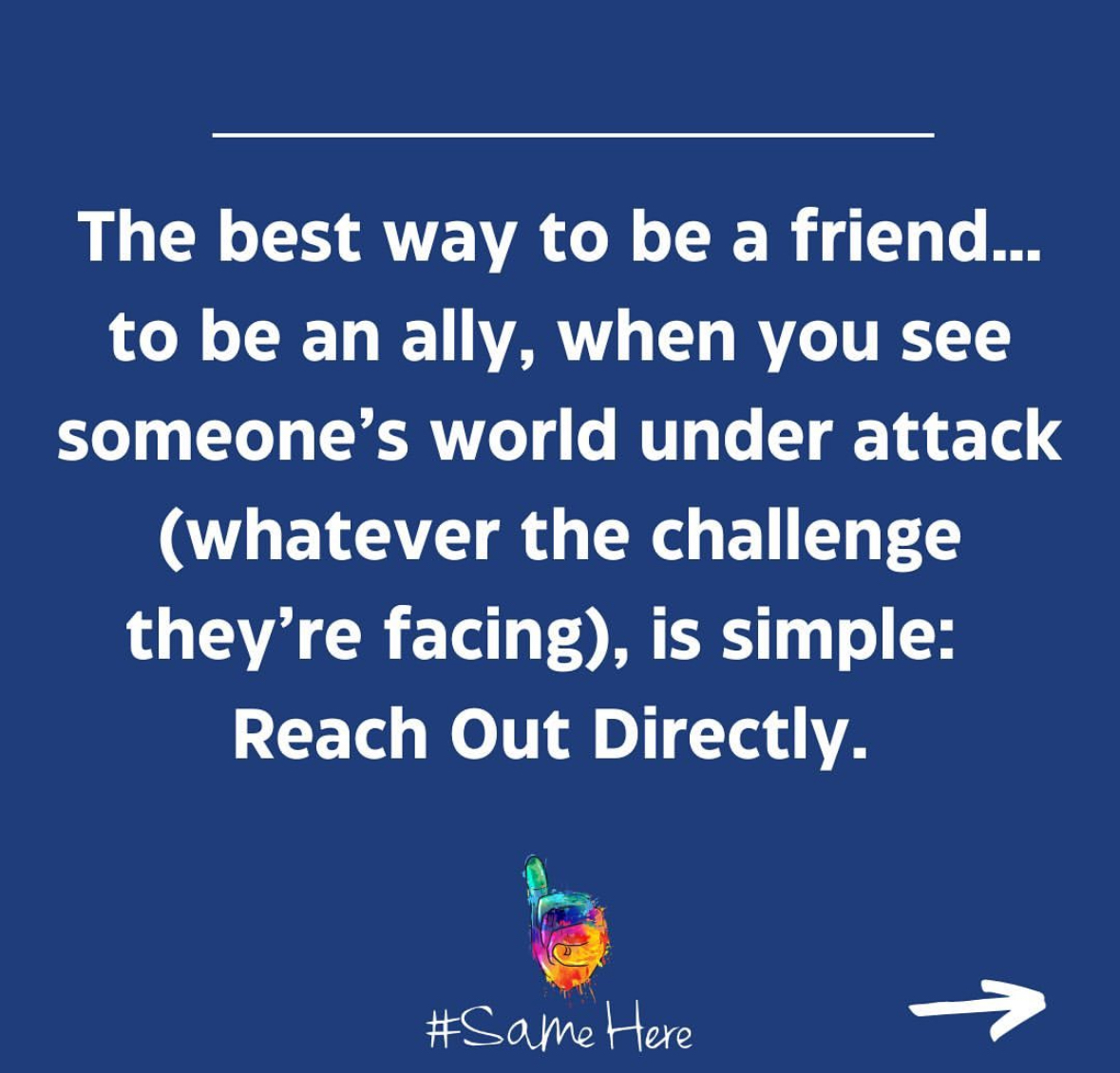Integrative Psychiatrist
Recipient of the 2009 NAMI Exemplary Psychiatrist Award.
Founder of Hope Integrative Psychiatry, Headquartered in Sherman Oaks, California.
Founder and Executive Director of the non-profit La Maida Project, whose mission is to rewrite the story of mental health and well-being. La Maida has worked with organizations such as Mckinley Children’s Center, to bring forth communal and integrative healing models to improve mental health.




